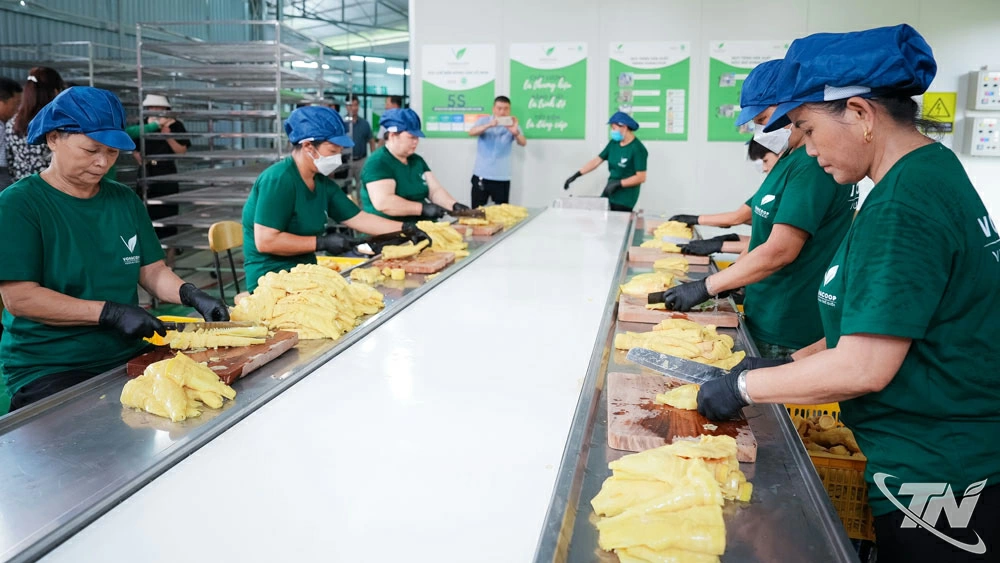 |
| The production workshop is invested according to HACCP international standards of Vo Nhai Agricultural Processing Cooperative. Photo: TL |
In the 2021-2025 period, Thai Nguyen will build a program for developing collective economy with clear goals and consistent methods. The investment of nearly 100 billion VND to support cooperatives in technological innovation, infrastructure upgrading, human resource training, brand building, etc. shows that the province does not consider collective economy as a "separate task" of rural areas but is placed within the general development structure. The policy is designed to create real capacity for cooperatives instead of providing limited support.
This approach continues to be reflected in industry resolutions. In the tea industry, cooperatives are identified as the center of the value chain, from raw material areas, processing technology to brand building. When cooperatives are the core, the production chain operates synchronously and is competitive enough.
After the merger with Bac Kan , the number of cooperatives in the area increased rapidly, from more than 800 to over 1,300 units. What is worth mentioning is not the number but the quality of operations. Many cooperatives have shifted from "doing to survive" to "doing to grow", proactively investing in processing lines, seeking consumption partners, and signing stable contracts.
New cooperative models in high-tech agriculture , community tourism, logistics or e-commerce show that collective economy is not limited to traditional production.
Adaptation to digital transformation is also a clear mark. The application of management software, traceability by electronic codes, and business via e-commerce platforms has opened up more directions for local products. When cooperatives manage transparently, control quality by technology and access a wider market, consumers have more trust and cooperatives have more competitive advantages.
In recent years, the Provincial Cooperative Union has operated more effectively as a bridge between policy and practice, helping cooperatives reduce confusion when entering the market mechanism and become more confident in organizing production and business.
Overall observation shows that collective economy in Thai Nguyen is progressing steadily. Clear policies, tight organization and consistent support from authorities create a foundation for cooperatives to confidently innovate. Collective economy not only contributes to restructuring the rural economy but also promotes the spirit of cooperation, creativity and daring to experiment in the producer community.
In Thai Nguyen, KTTT today is no longer a concept or slogan. It has been proven by branded products, modern management models and increasingly high integration capacity. When policies originate from practical needs and are implemented with real determination, KTTT will continue to be an important support for the local economy in the coming years.
Source: https://baothainguyen.vn/kinh-te/202511/tu-chu-truong-den-thuc-tien-ben-vung-69056c0/





![[Photo] Unique art of painting Tuong masks](https://vphoto.vietnam.vn/thumb/1200x675/vietnam/resource/IMAGE/2025/11/14/1763094089301_ndo_br_1-jpg.webp)

![[Photo] Unique architecture of the deepest metro station in France](https://vphoto.vietnam.vn/thumb/1200x675/vietnam/resource/IMAGE/2025/11/14/1763107592365_ga-sau-nhat-nuoc-phap-duy-1-6403-jpg.webp)
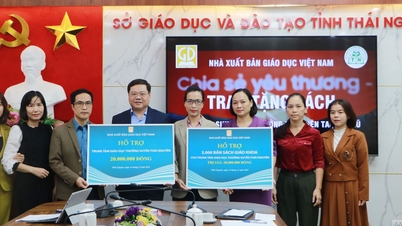

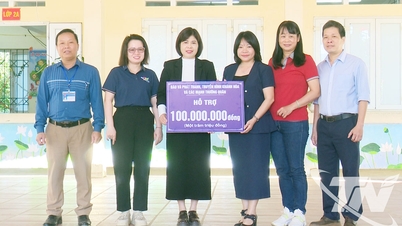
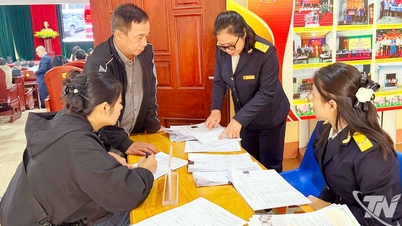
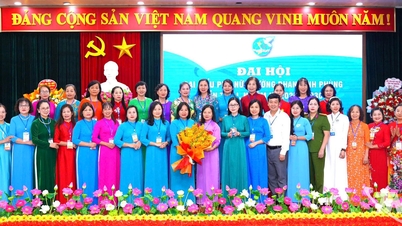
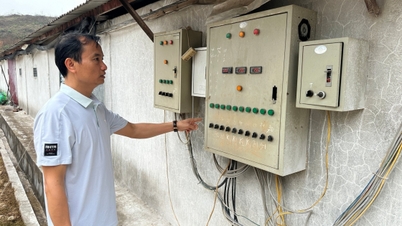

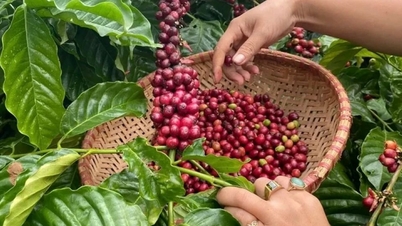



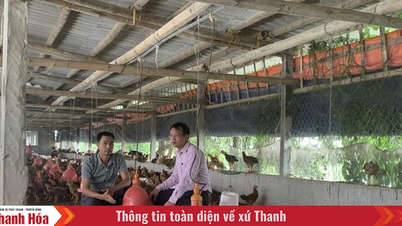















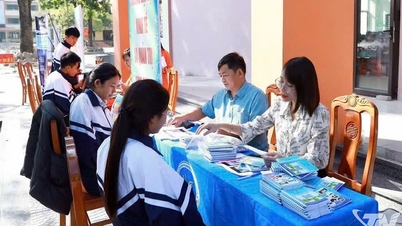
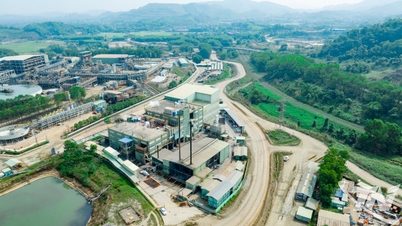
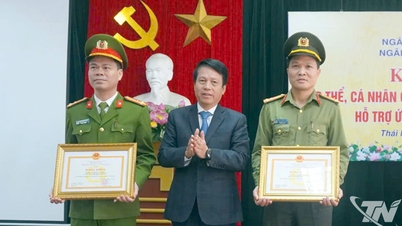
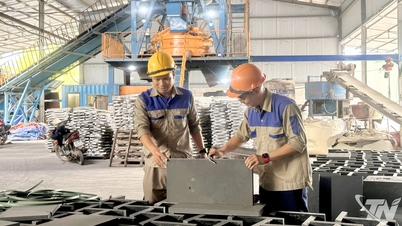
![[Photo] Special class in Tra Linh](https://vphoto.vietnam.vn/thumb/1200x675/vietnam/resource/IMAGE/2025/11/14/1763078485441_ndo_br_lop-hoc-7-jpg.webp)












































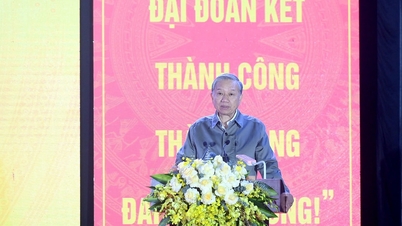




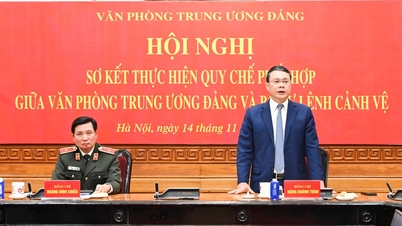




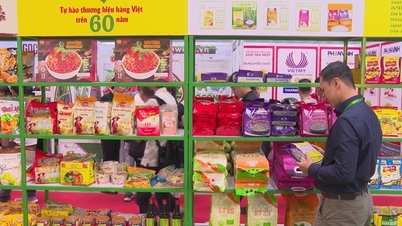


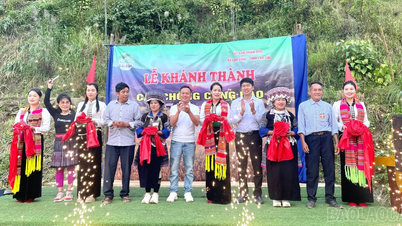
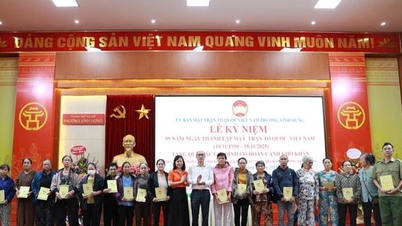












Comment (0)